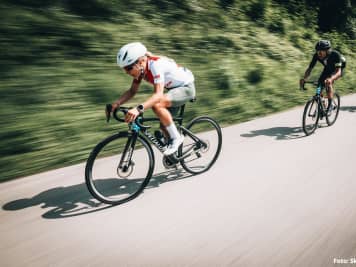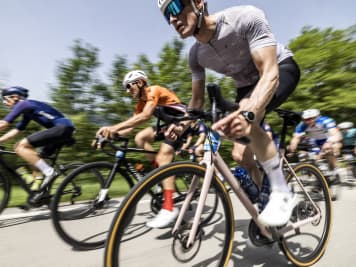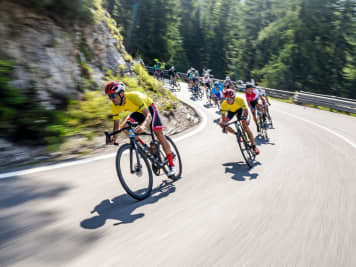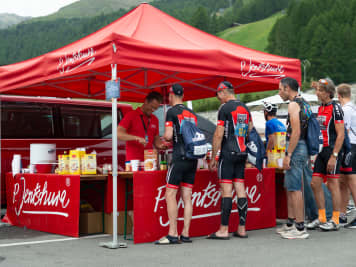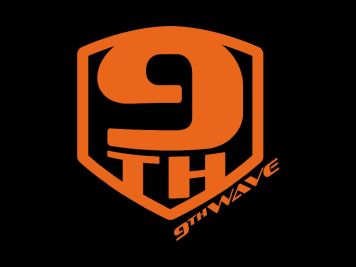
16.06. - 22.06.2024
Location
Die Alpen
Datum
16. - 22.06.24
Strecke
7 Etappen
Distanz
788 km
Bergauf
16.600 hm
Das faszinierendste und spektakulärste Rennrad-Etappenrennen Europas für Jedermann!
Spektakuläre Strecken, überwältigende Pässe, namhafte Etappenorte, professionelle Eventstruktur und Teilnehmer aus über 30 Ländern machen diese Veranstaltung zu einem einmaligen und einzigartigen Erlebnis. Die TOUR Transalp hat sich in den vergangenen 20 Jahren zum bekanntesten und begehrtesten Jedermann-Rennradevent entwickelt. Die faszinierende Alpenüberquerung ist das absolute Highlight für jeden Hobbyrennradler!

RIDER EXPERIENCEUNSER SERVICE FÜR DICH

ETAPPENDIE STRECKE

MELD DICH AN UND SEI DABEI!PREISE & PAKETE
Unsere Partner
Bekomme die wichtigsten News zum Event direkt in Dein Postfach!
Bleib auf dem Laufenden!

